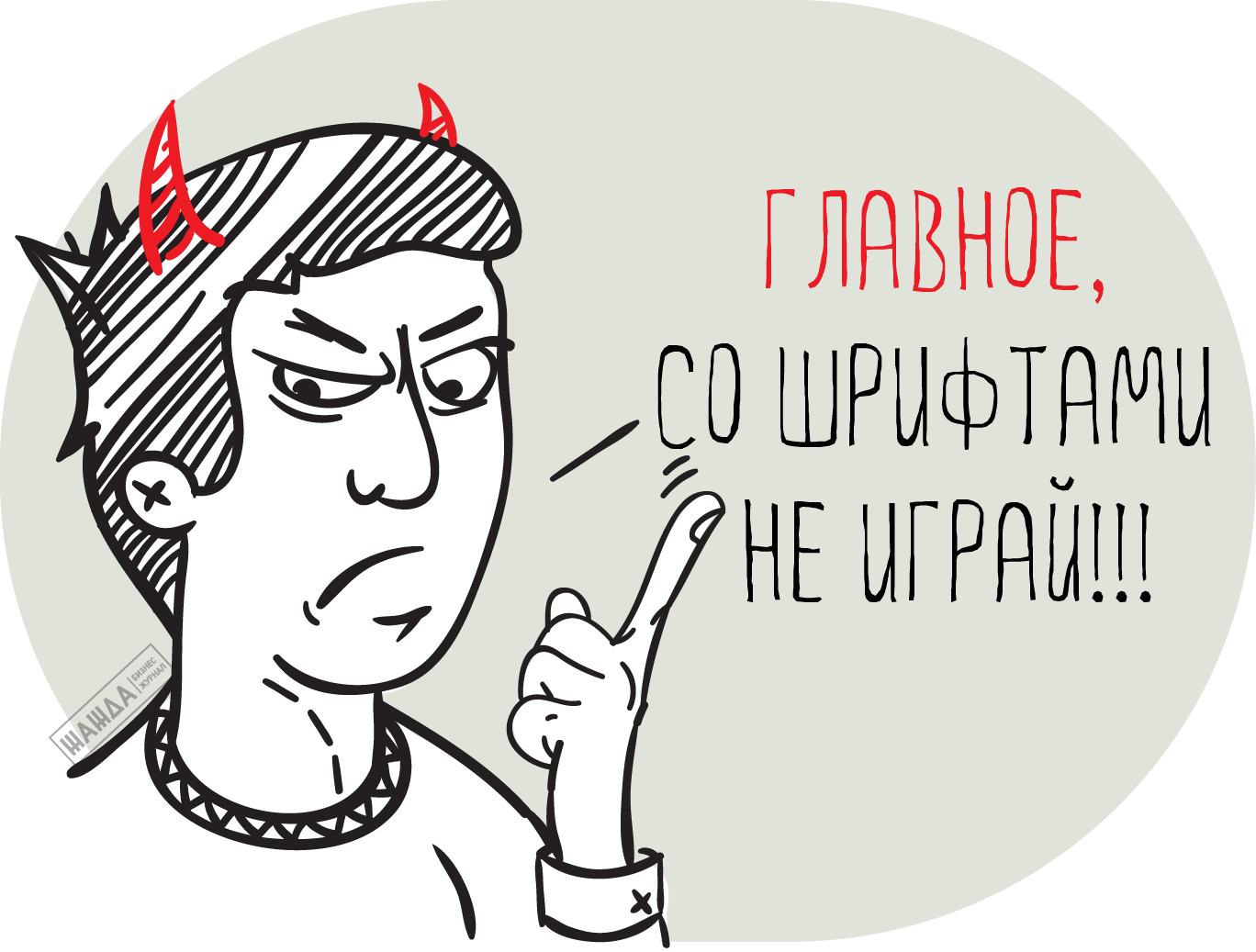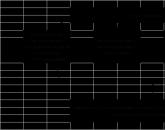How to design a consumer corner for IP
The work of an IP is associated with documentation, most of which should be in the public domain for people to whom services are provided. A properly designed consumer corner for individual entrepreneurs must not only meet all the requirements, but also look attractive and neat.
What is a consumer corner?
A consumer corner should be in any company whose main activity is related to the provision of services to the population: trade, hairdresser, laundry, rental, etc. Moreover, the corner can be called differently: a stand with information, a corner with important information, etc. the goal is to make key documents and information available to clients.
The organization of the consumer's corner is a prerequisite, which is spelled out in the law "On the Protection of Consumer Rights" (ZoZPP) of February 7, 1992 (Article 9). Specific registration rules for IP are not regulated.
An individual entrepreneur is obliged to provide his clients with information on the state registration of an individual entrepreneur, information on licensing and accreditation (if they are necessary for the type of activity). These items are regulated by the rules for the sale of certain goods of January 19, 1998. According to paragraph 9 of these rules, the document itself must also be presented at the stand.
If this data is not on the stand or it is located in a place inaccessible to users, for example, behind a counter where customers are not allowed to enter, then this is considered an administrative violation. IP will be liable under Art. 14.5 of the Code of Administrative Violations. It provides for a fine of 1000 to 3000 rubles. In case of repeated violation - from 30,000 rubles.
What information should the consumer receive?
For the stand, try to choose an accessible and well-lit place. Documents should be placed so that any buyer can easily understand and find the necessary information. Although there is no specific design rule and placement standards. The only thing that matters is accessibility.
There are no specific rules for registration and placement standards. The only thing that matters is accessibility.
According to the law "ZoZPP" of February 7, 1992, all information on the stand must be presented in printed form. If the text on some sheets of any of the documents is poorly distinguishable or smeared, then this is considered an administrative violation. The inspector of the regional Rospotrebnadzor will check the consumer's corner.
In addition to the mandatory information about the individual entrepreneur and his company, as well as licenses, in the consumer's corner in 2017 the following list of documents should be submitted:
- ZoZPP dated 02/07/1992. Moreover, a text printed from the Internet is not suitable for posting information. It is necessary to purchase a ready-made printing document. The price of the booklet is from 25 rubles, so it does not incur large expenses. The law printed on a printer does not always meet the requirements of Rospotrebnadzor inspectors, and a fine may be issued to an individual entrepreneur.
- Book of complaints and suggestions. It is also sold ready-made, the price is from 20 rubles.
- Fire safety regulations.
- If the IP work is carried out on a separate floor or in a separate building, then the evacuation plan in the event of a fire.
- For individual entrepreneurs whose field of activity is household services, rules for the provision of such services are needed.
- Detailed price list for the services provided.
- Coordinates for communication with emergency services and control authorities.
- Information about which groups of citizens have the privilege of serving. For example, for pensioners - a 15% discount, disabled people of groups 1-3 are served out of turn, etc.
- Information on the prohibition of the sale of specific goods to persons under 18 years of age (tobacco, alcoholic beverages).
- For individual entrepreneurs engaged in trade or in places of public catering - sanitary and epidemiological rules.
- Other rules that relate to the activities carried out.
All documents must be neat. The book of complaints and suggestions can be wrapped in transparent paper or plastic cover. Number the pages inside manually.
Consumer documentation classifier
The documentation placed on the stand is conditionally classified into groups:
- Normative. This includes the "Law on the Protection of Consumer Rights No. 2300-1" of 02/07/92, the rules for the sale of goods, the provision of services, separate rules for specific types of activities (pharmacies, hairdressers, opticians, etc.).
- Sanitary rules and regulations. Required for entrepreneurs involved in the sale of food products or catering, for example, SP 2.3.6.1079-01, SP 2.3.6.1066-01 (approved by the chief physician of the region where the activity is carried out).
- IP information. This includes a copy of the certificate of an individual entrepreneur, license. Documents that are additionally assigned by the regional administration for a specific type of activity should also be submitted here.
- Other information: addresses and telephone numbers of the regional and Russian consumer protection departments, ATC telephone number, sanitary and epidemiological stations.

According to paragraph 8 of the “Rules on the Protection of Consumer Rights”, it is not necessary to put up a book of complaints and suggestions on the stand. It must be provided to the buyer at his request. But if it is on your stand, it will cause additional confidence among buyers. In the area of \u200b\u200bthe consumer's corner, control measuring equipment, such as scales or a meter, is also placed.
At the stand, you can place certificates of quality of products sold or services provided. So, in a hairdressing salon it would be appropriate to post a certificate for the materials used in the work: hair dye, varnishes, foams, shampoos. There are no strict requirements for certificates, but if there are no documents at the booth, then they must be kept by the administrator or the seller and provided at the request of the client. In some regions, the presence of certificates at the buyer's booth is a mandatory rule.
Some of the documents that are recommended to be placed on the stand refer to specific types of activities. So, for individual entrepreneurs whose activities are related to the sale of medicines, it is recommended to provide the buyer with regulations on the sale of vital drugs (Government Decree No. 393 of April 8, 1999). For a hairdressing salon, these are sanitary standards for the equipment of the premises.
Of course, additional information is not mandatory, and no one will penalize you for not having it. But it will be convenient for customers to look at the documentation at any time. This will emphasize your concern for the client and enhance the reputation of the company.
Popular
- Bull and bear on the stock exchange: the "animal" face of the stock market
- Stages of opening a private dental office
- How to open your store - step by step instructions for beginners + real life example
- Sales revenue - formula and concepts
- What is the difference between margin and profit - calculation formulas
- Advice 1: How to switch from a simplified system to a system with VAT payment
- The concept of "car depreciation" - what is it?
- Business of yesterday: 7 main problems of modern realtors :: Opinions :: RBC Real Estate
- What is the difference between public and non-public types of joint-stock companies, partnerships and cooperatives?
- Simple business - private household plots (personal subsidiary plots)




